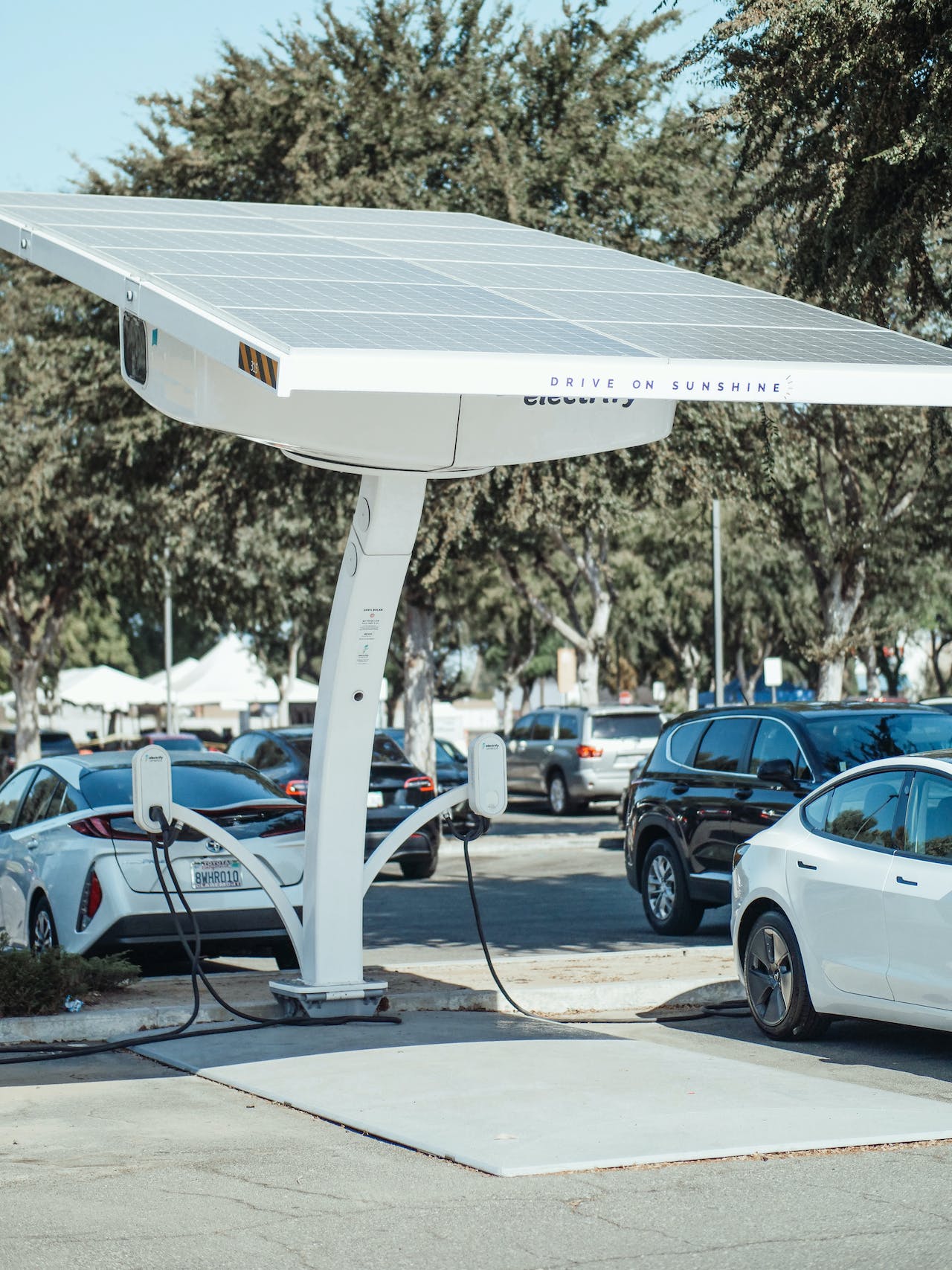As of January 1, the landscape of electric vehicle (EV) incentives in the United States underwent a significant transformation, with a drastic reduction in the number of models eligible for a federal tax credit of up to $7,500. The Biden administration, through the Treasury Department, implemented stringent criteria aimed at limiting the availability of tax credit for EVs, aligning with broader efforts to reduce dependency on Chinese-manufactured components for clean energy technologies.
Under the new regulations, the number of EV models qualifying for the tax credit was slashed from 24 to a mere 13. The criteria exclude vehicles utilizing battery components produced by Chinese manufacturers, reflecting a strategic move to bolster domestic production of essential components in the clean energy sector. This decision, part of President Biden’s broader initiative, underscores the administration’s commitment to strengthening the nation’s self-sufficiency in the face of evolving geopolitical dynamics.
The Treasury Department’s rules, unveiled last month, specifically target battery components from companies subject to Chinese jurisdiction or those with at least 25% ownership by the Chinese government. Moreover, these restrictions are set to expand in 2025 to include suppliers of crucial raw materials for batteries, such as nickel and lithium. The tax credit for EVs varies based on the origin of battery components and other parts, with qualifying vehicles eligible for either the full $7,500 credit or a partial $3,750 credit.
Automakers find themselves at a crossroads, grappling with the sudden shift in eligibility criteria. The federal tax credit has long been a potent incentive for consumers to embrace environmentally-friendly transportation, gaining traction since its inception in 2010. However, the recent regulatory changes have forced automakers and consumers alike to swiftly adapt to the new landscape, with some models now ineligible for the credit.
Among the EV models that still qualify for the tax credit for EVs are Tesla Inc.’s Model Y, Rivian Automotive Inc.’s R1T pickup truck, Stellantis NV’s Jeep Wrangler 4xe, and Ford Motor Co.’s F-150 Lightning pickup truck. However, as reported by Bloomberg, notable exclusions include Tesla’s Cybertruck, certain versions of the Model 3, Ford’s E-Transit van, Nissan Motor Co.’s Leaf, and General Motors Co.’s electric Blazer and Silverado.
These limitations were introduced into law as part of President Biden’s climate legislation, responding to concerns raised by Senator Joe Manchin, a pivotal Democrat from West Virginia whose support was crucial for the law’s passage. Senator Manchin expressed worries over U.S. taxpayers subsidizing Chinese battery production, prompting the administration to address this issue through the new restrictions.
The abrupt reduction in qualifying models has sparked backlash, with some companies contending they were not afforded sufficient time to adjust their supply chains. While opinions on the stricter rules are divided, the Treasury Department asserts that close coordination with companies occurred during the implementation process. They further indicate that additional models may be considered for eligibility pending the submission of required data by manufacturers.
Beyond the immediate impact on the EV market, these policy shifts carry broader implications for the clean energy industry. Companies are now compelled to re-evaluate their supply chains and partnerships in light of the evolving regulatory landscape. As nations worldwide intensify efforts to combat climate change, the reconfiguration of domestic supply chains for essential clean energy components could potentially create new jobs and stimulate economic growth.
In conclusion, the Biden administration’s move to restrict the federal tax credit for EVs signals a strategic effort to reduce reliance on Chinese supplies, but it has simultaneously triggered disruptions and concerns within the automotive sector. The industry’s ability to adapt to these changes and foster the development of domestic battery supply chains will shape the trajectory of the electric vehicle market in the U.S. Only time will reveal whether these measures will ultimately hinder or catalyze the growth of environmentally-friendly transportation in the country.



